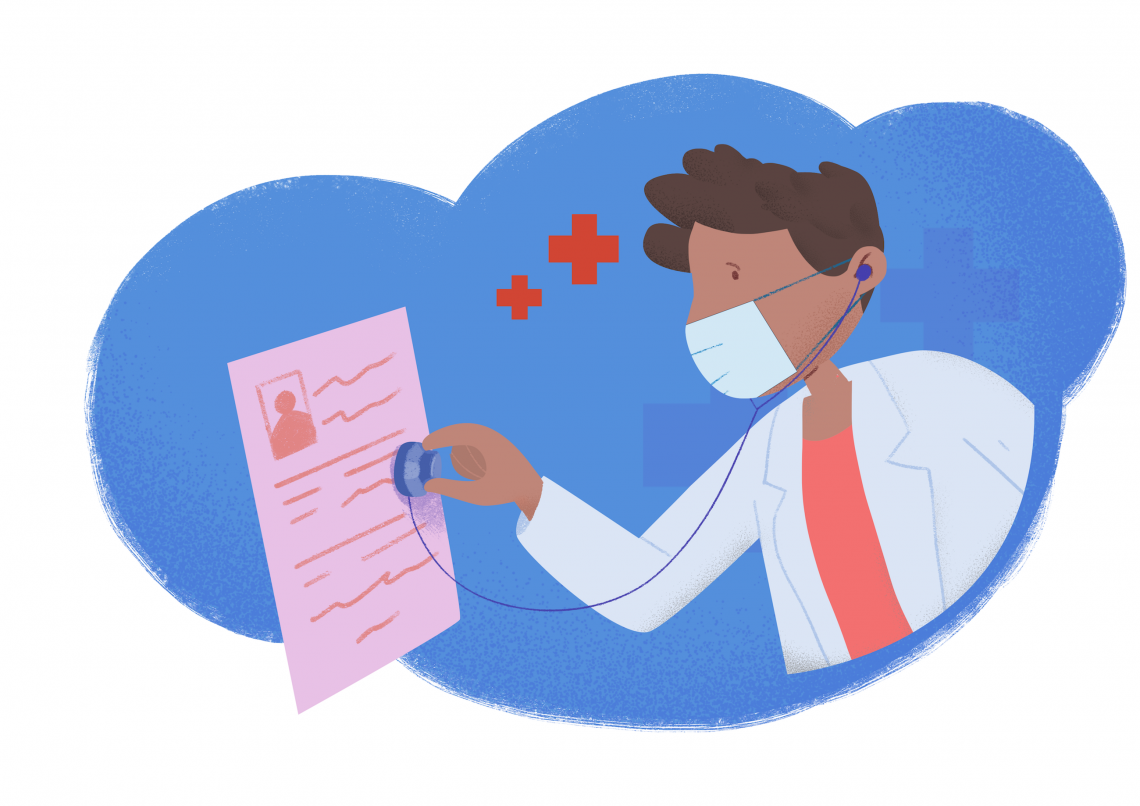
Hey there! Doctor!
Free CV/resume builder for first medical job posting.
Are you applying for the post of a
- Microbiologist?
- Anaesthesiologist?
- Physician?
- Surgeon?
- Diagnostic Radiologist?
‘OR IN ANY OTHER FIELD OF INTEREST WITH NO PRIOR EXPERIENCE OF WRITING A RESUME?’
NOT TO WORRY ABOUT ANYTHING AS THIS FREE RESUME BUILDER IS ALL SET TO HELP YOU WRITE THE BEST!
HOW TO GET STARTED?
Being a medical student and applying for the ‘very’ first job only to be accepted is the dream of every applicant but what makes this a reality? It is perhaps the way you submit your ‘resume’ that leaves a mark on the employer.
This can only become a ground reality when you have the ability to carefully structure your resume in the right direction.
So, what is meant by the ‘right direction’?
WHAT TO DO?
You just have to choose the right…
1. Words
It is always better to choose words that are in harmony with the masses rather than using words that are often difficult to pronounce or comprehend.
2. Tone
The best thing to do is, use a respectable tone in your approach. Addressing the audience with respect and formally is the way to turn things around in your favour.
3. Fonts
Usage of a simple font that is easy to read is always advisable rather than using fonts that appear too fancy.
4. Document length
It is better to condense your resume within 2-3 pages rather than making it long enough consisting of several papers as it dulls the interest of the reader because you must remember that there are hundreds of other resumes for the job posting! The shorter, the better!
5. Format
Format your resume in reverse chronological order to make the reader develop interest.
6. Structure of sentences
Try to mention your prior work in numerical form rather than in a general way
Example: I have attended a 30-hour job on a volunteer basis to help in devising the treatment plan for 10 patients admitted.
7. Cover letter
It is cherry on top to attach a cover letter with your resume. It is nothing but a short paragraph where you define your skills best suited to the job you are applying for.
8. Saving in PDF format unless it is demanded in another format.
WHAT ‘NOT’ TO DO IN THE CV?
Here’s what you should try not to do when writing:
1) Do not use contractions
2) Do not write in an informal way
3) Do not overmention or exaggerate your experiences
4) Do not appear to be too imploring
5) Try not to have spelling or grammatical errors in your resume.
SUBHEADINGS OF YOUR RESUME/CV
Resume is divided in the following:
Biodata:
– Your name, age, gender, current residential address and contact number.
Education
– Early: School attended and the grade points obtained.
– College: College attended along with the mention of grades attained throughout.
Prior job experience
If any, should be mentioned as it makes the reader be at ease about your experience in handling similar tasks as asked for the job.
Volunteer work if any is always the glittering part of the resume.
Certifications
Mention of certifications especially for the desired job always paves the way for a better chance at recruitment
Additional Skills
Skills related to hospital work
Research work/published papers
Significant part of any resume
Internships/electives both locally and internationally.
Persuasive conclusion
Use our free online resume builder:
This article summarizes what you need, to write down the perfect resume!
And what could be better than getting the ‘very’ first job you have applied for just by using our free online resume builder?
Here’s…
Create a professional resume with Applyya to save your day!
You May Also Like

8 Ultimate Truths About Internships
July 14, 2019
Paddington Bear Writes a CV
September 11, 2019

